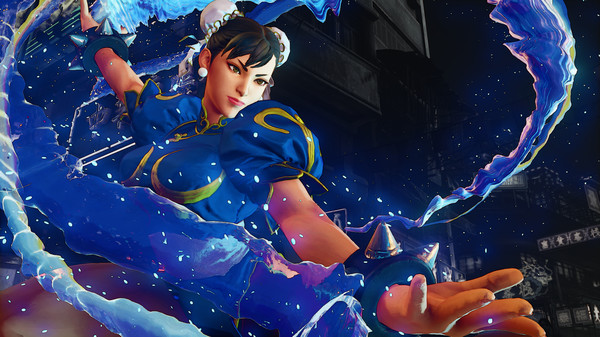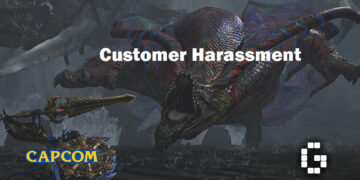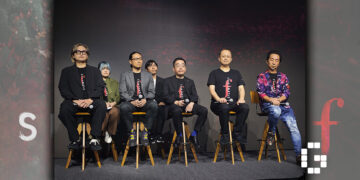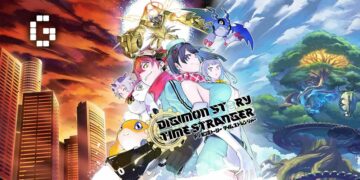Capcom published new guidelines today, saying that tournament organizers who want to hold Street Fighter V Tournaments in North America would need to apply for a license from them.
“Capcom appreciates the passion that our players and community members have for the Game. Capcom desires to allow members of our communities to run community tournament events as a way to enjoy the Game, under the following terms and conditions”, they said, explaining the terms.
According to the organizers, these are the following types of events that would need to apply for a license for Street Fighter V:
- Your Event involves gameplay of the Game by participants.
- The prize pool for the Event must be set and clearly disclosed in advance of the Event in the Event in the Event Rules (see Section III below) and must be under $2,000 USD per Event.
- The total prize pool within any given 12-month period must be under $10,000 USD.
- The sponsorship contributions must be under $5,000 USD per Event.
- The total sponsorship contributions within any given 12-month period must be under $20,000 USD.
- No cable or over-the-air TV broadcasts are permitted.
- No manufacturing or sale of merchandise products based upon the Game Assets are permitted.
- You may not charge any fee to spectators to participate in an Event
In return, Capcom says they give you the right to use the Street Fighter V Branding in your tournaments, subject to their own style guide.
Capcom also says they want access to match footage generated as a result of the tournaments as well.
It should be noted that this strictly applies to tournaments, not venues. If you were running a Florida-based tournament with a 2000 USD cash prize, you’d be applicable to sign up for this license for your Street Fighter Tournament.
On the other hand, if you were simply hosting locals every week at your bar, Capcom says you’d have to look into what they called an esports license instead.
What This Means For Grassroots
Admittedly, the idea of registration is scary to the concept of a grassroots scene. Fans certaintly think so, as the replies against the announcement fill up expressing concern for Street Fighter V’s playerbase if every independent event needs to go through the license procedures just to play.
“I think this fundamentally misunderstands the role of the local tournament event and casually disregards how local scenes market themselves in order to create communities that feed into larger esports events. I am honestly kind of shocked to see Capcom doing this”, writes Twitter user Average Joe.
As it is, it also affects some bigger events too- lawyer and FGC member David Graham notes in his blog that events like Frosty Faustings and CEO almost definitely run afoul of the sponsorship limits in their events, while smaller events may run afoul of the presumed bar on spectator fees.
“In addition, just about every major and regional as well as even some locals have spectator fees in some form. If I’m right in my reading that Capcom’s rules ban spectator fees in general, then not many events in our community will be considered community events”, he says.
One other benefit of having to license out Street Fighter V for Capcom is that they could better control their brand. There’s multiple clauses about things like inappropriate sponsors and player conduct, which is a good way for Street Fighter V to steer clear of controversy stemming from the community-named “thuggery”.

The FGC’s Growing Pains
Capcom isn’t the first publisher to incorporate these types of rules for licensing. Blizzard and Riot have both had similar rules for Overwatch and League of Legends respectively, without as much of a fuss from players.
What makes Street Fighter V separate is the state of its community. The FGC has a strong grassroots scene, starting with arcades where people would put down quarters to book their spot in queue for the next game. Adding corporate red tape to everything is seen as a way to remove that, making it more similar to genres like MOBAs where you only ever hear about the big events.
Personally speaking I doubt that this would mean something like the end of Street Fighter V at events like EVO– but it would mean a wider divide between smaller tournaments and the big names a la CEO, EVO, et cetera.
But it does signal a change to how Capcom views Street Fighter- the esports and couch warriors are basically two audiences, and these new regulations ensure that by preventing as much mingling between the crowds via smaller-scale tournaments as possible without the proper paperwork.














![[EXCLUSIVE] Creative Masterminds from Gearbox Software Reveal What Makes Borderlands 4 Worth the Wait](https://cdn.gamerbraves.com/2025/07/Borderlands-4-at-Bilibili-World-2025_Interview_FI-360x180.jpg)




![[ASIA EXCLUSIVE] Bringing Back a Classic: Inside the Making of FINAL FANTASY TACTICS – The Ivalice Chronicles](https://cdn.gamerbraves.com/2025/06/FFT-Ivalice-Chronicles_Interview_FI2-360x180.jpg)



![[EXCLUSIVE] Honor of Kings Goes Global: Interview with James Yang on International Esports Expansion](https://cdn.gamerbraves.com/2025/08/James-Yang-Exclusive_Interview_FI-350x250.jpg)





